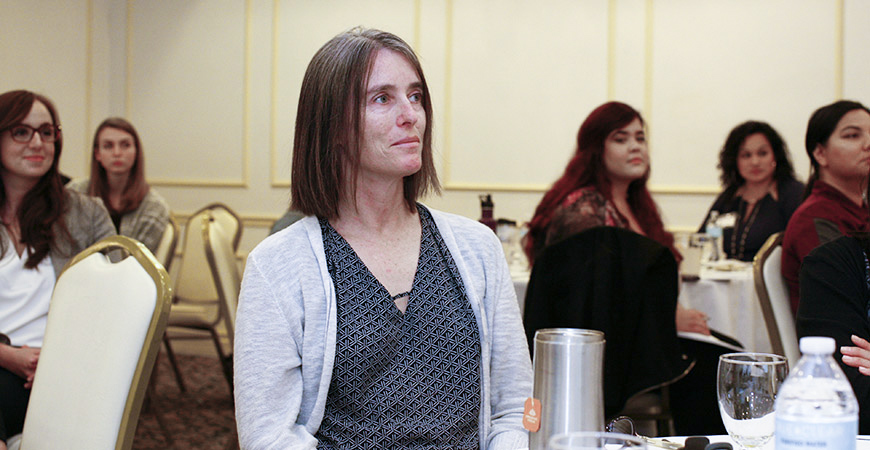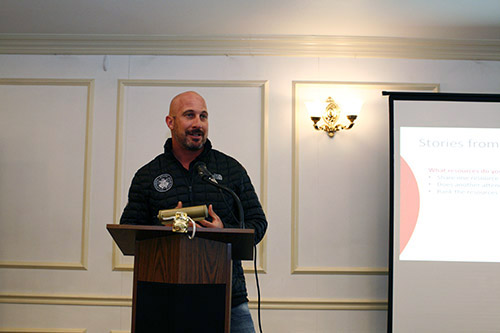
The rate of smoking in the San Joaquin Valley is the highest in California — on par with tobacco-producing regions in Georgia and South Carolina — and UC Merced’s Nicotine and Cannabis Policy Center (NCPC) is determined to change that.
The NCPC hosted a workshop on May 17 aiming to empower key stakeholders and San Joaquin Valley community members in the fight against smoking. Conducted in conjunction with the American Heart Association, the workshop featured local public health departments from seven Valley counties, experts in the field and policy makers.
“We were very excited to bring together such a wide range of passionate advocates and front-line public health professionals to share successes and challenges in impacting local and state-wide tobacco and cannabis policy,” said Professor Nancy Burke, NCPC Community Core lead and UC Merced public health researcher. “Madera County, for example, shared its success passing a smoke-free parks ordinance just the week prior, which galvanized many in the room.”
Local legislators have also signed onto the fight against smoking with State Assemblyman Heath Flora (R-Ripon) attending along with Megan Belair from State Assemblyman Adam Gray’s (D-Merced) office, who both provided “A View from the State House” section in the workshop, outlining effective ways to convey public health messages to legislators and their staff members.

Smoking concerns in the Valley are not limited to traditional cigarettes. Youth are increasingly using e-cigarettes, also known as vaping. Arguably the most popular brand, JUUL, is especially popular among kids who are drawn to the sweet and fruity flavors, which mask the nicotine.
“Vaping is an issue that is haunting us now,” said CJ Singh, a community health assistant for the Calaveras County Public Health department. “Even the school bathrooms are being called ‘JUUL rooms’ and large numbers of used devices are even clogging the toilets.”
While the fight to keep youth from nicotine can be daunting, public health departments aren’t fighting this battle alone.
“The American Heart Association is very concerned about the disturbing rise of these new means of nicotine delivery for youth and other vulnerable populations,” said Lisa Jones Barker, senior vice president of Health Strategies for the American Heart Association. “We are grateful to be working with such a committed group of public health professionals who are diligently working to reverse this trend in Central Valley communities.”



